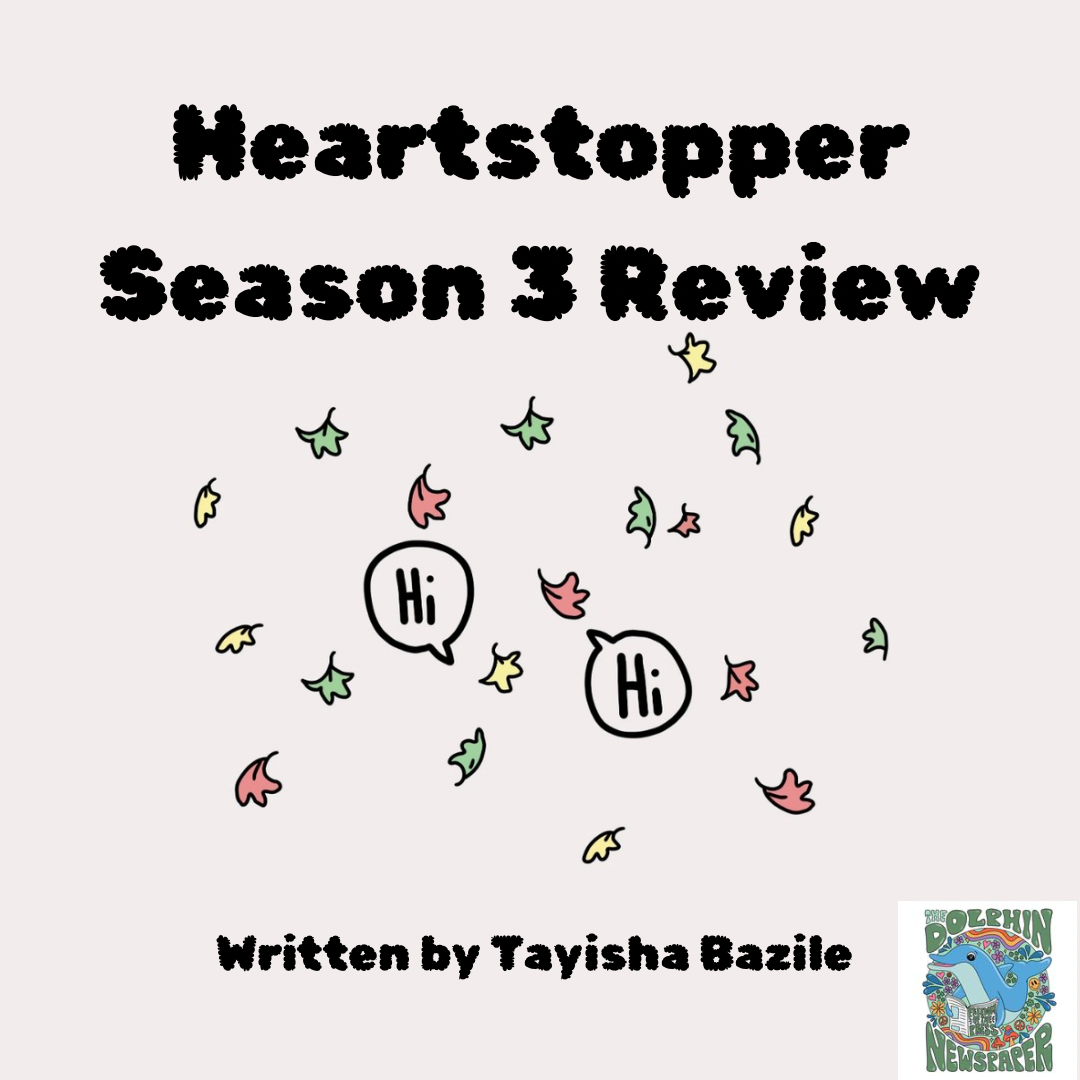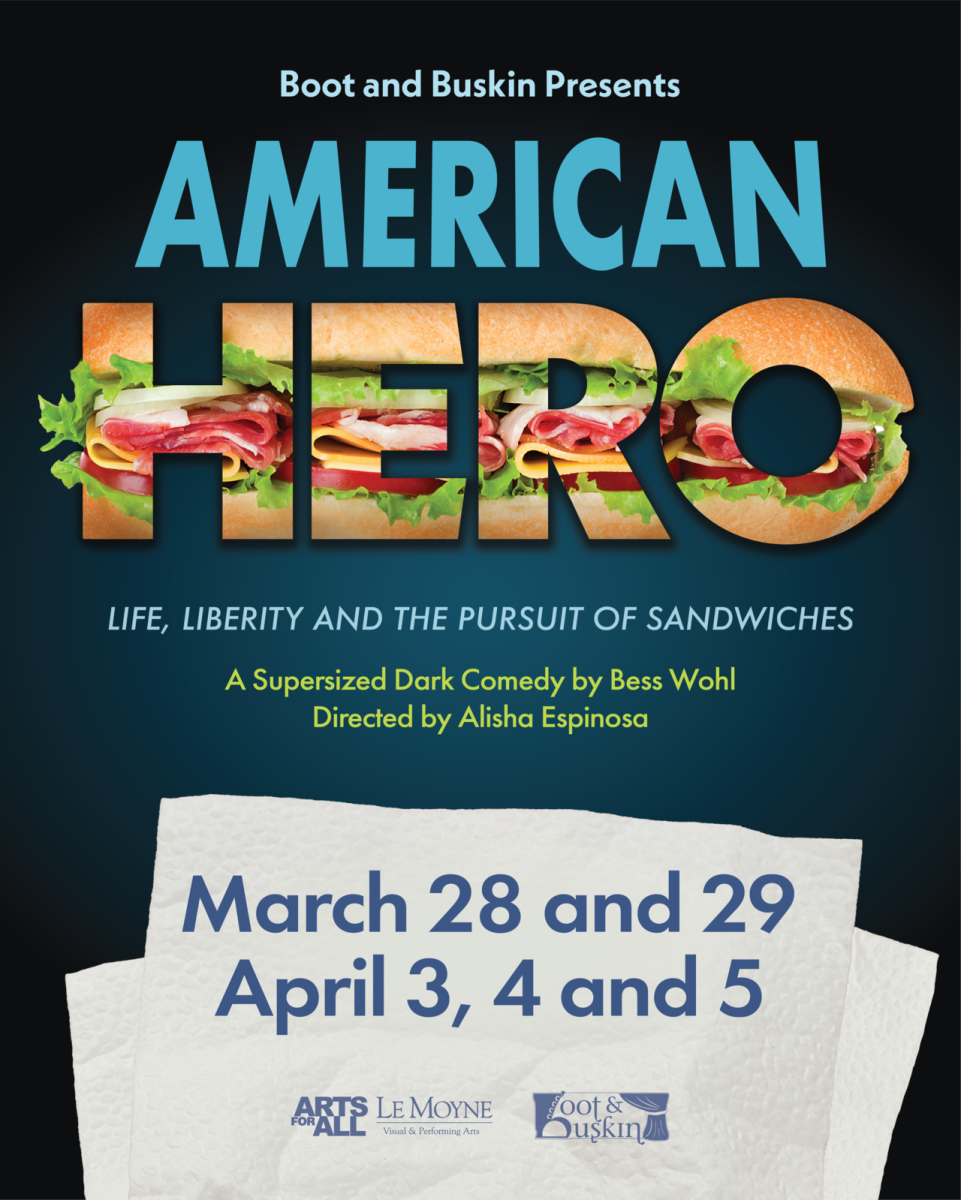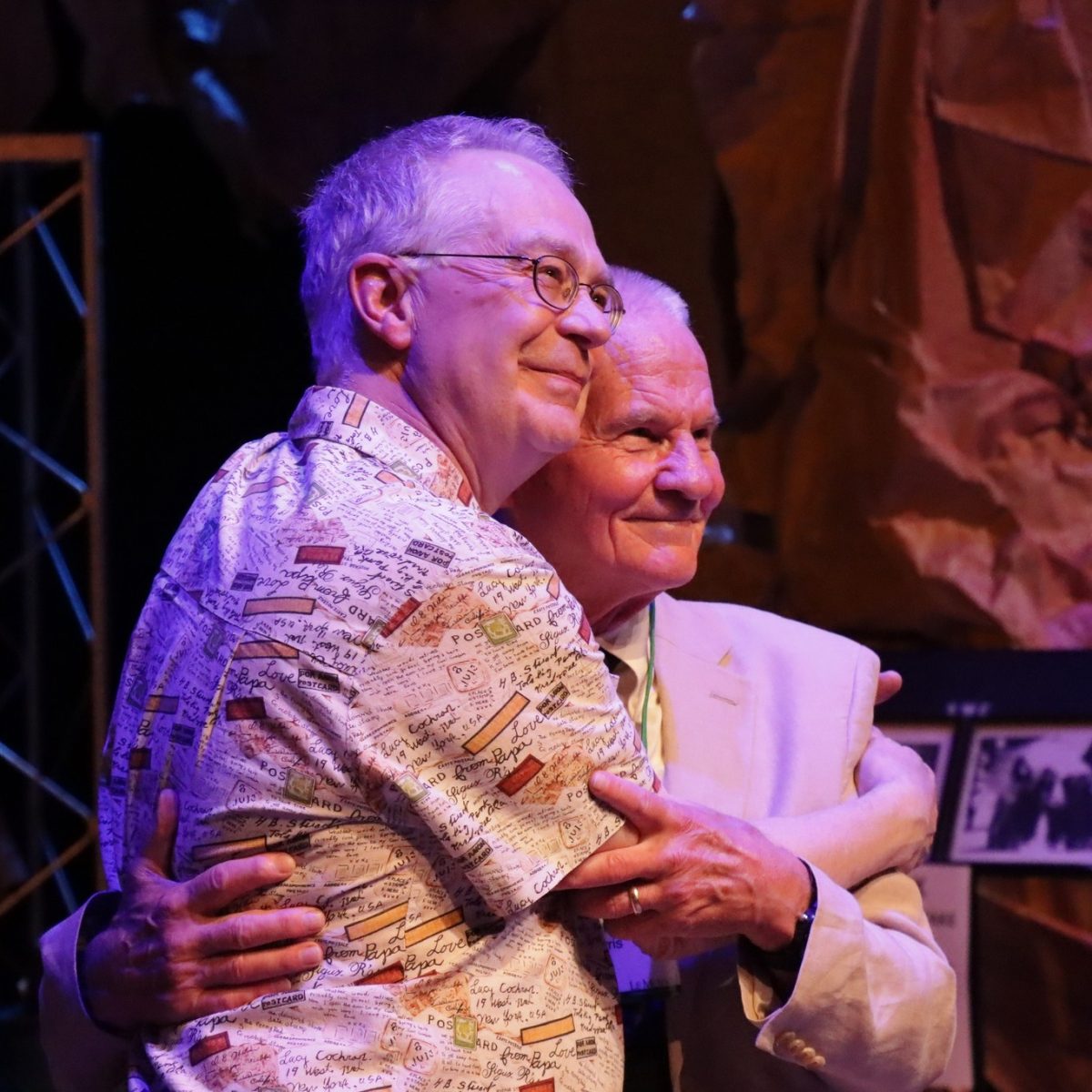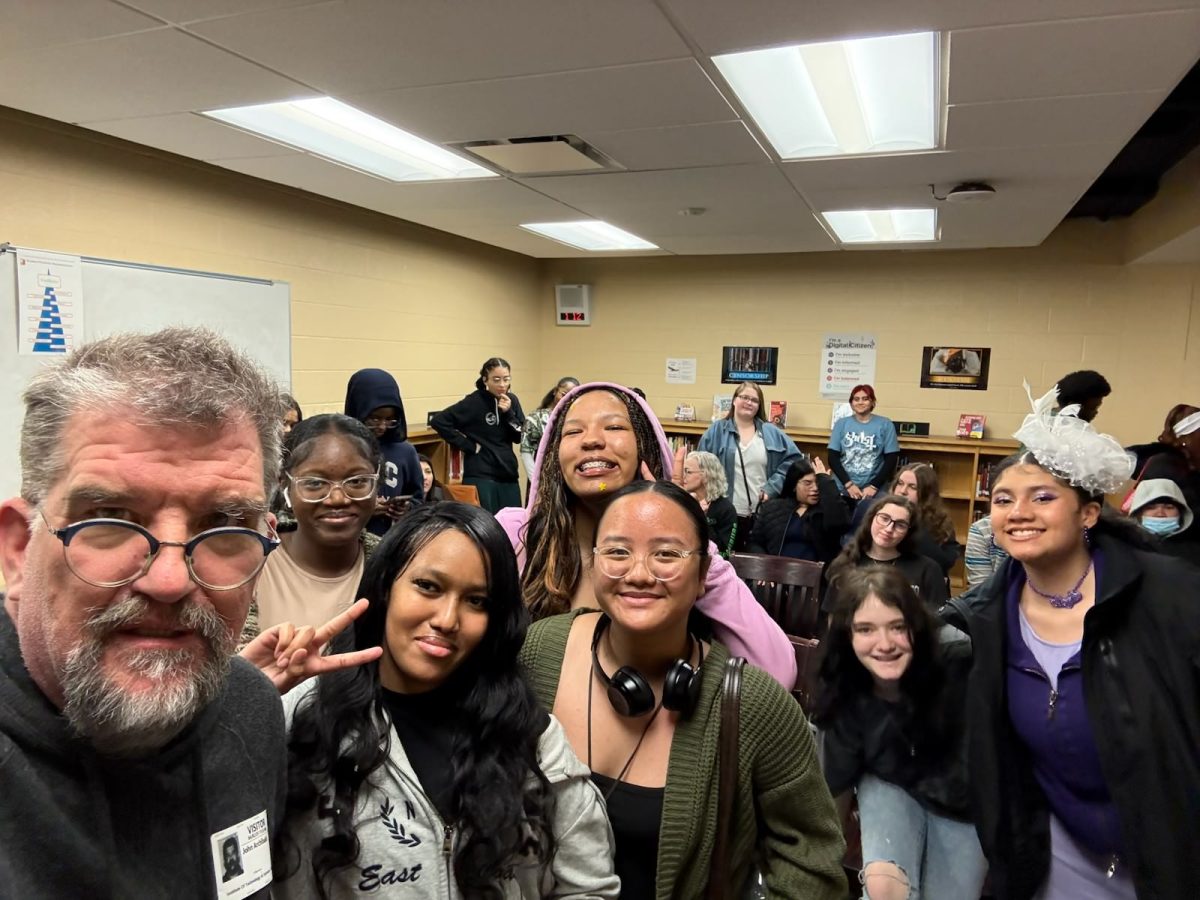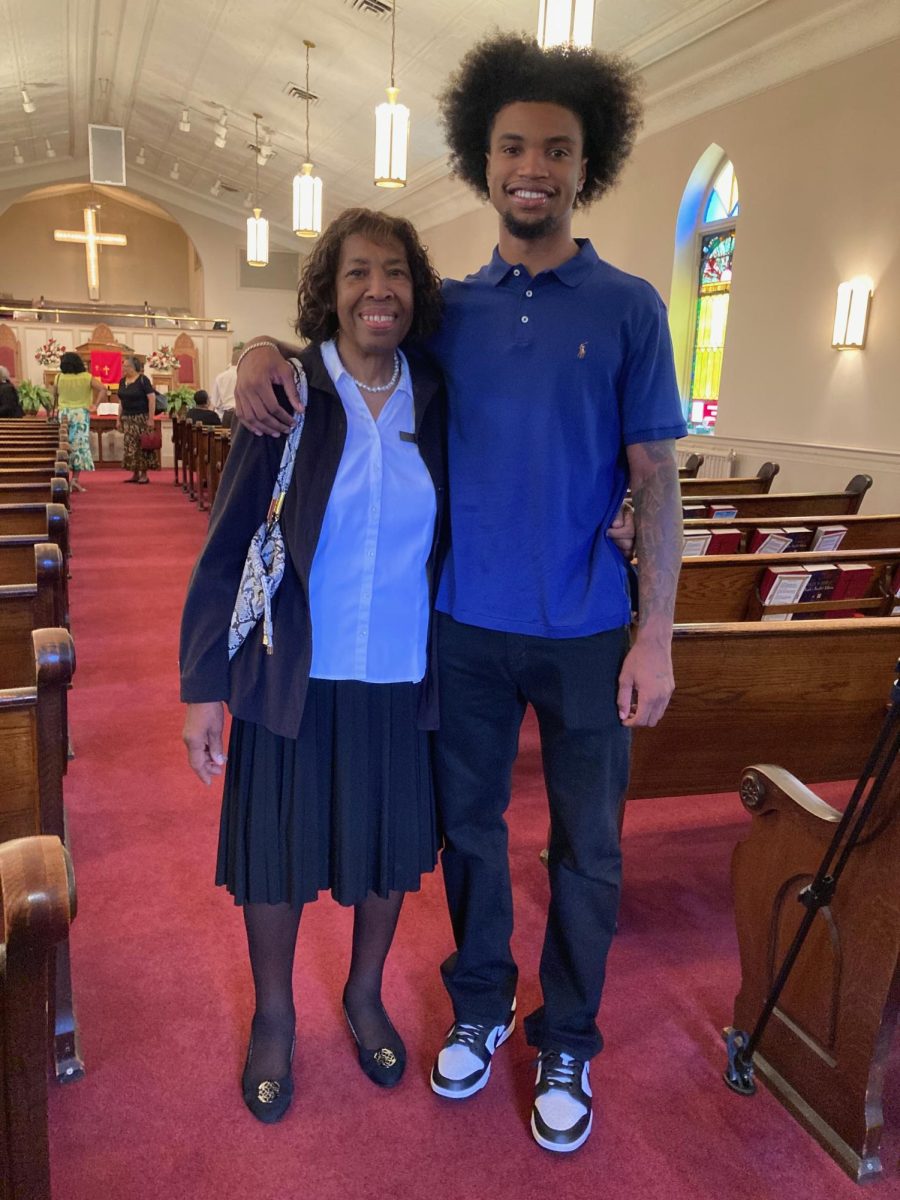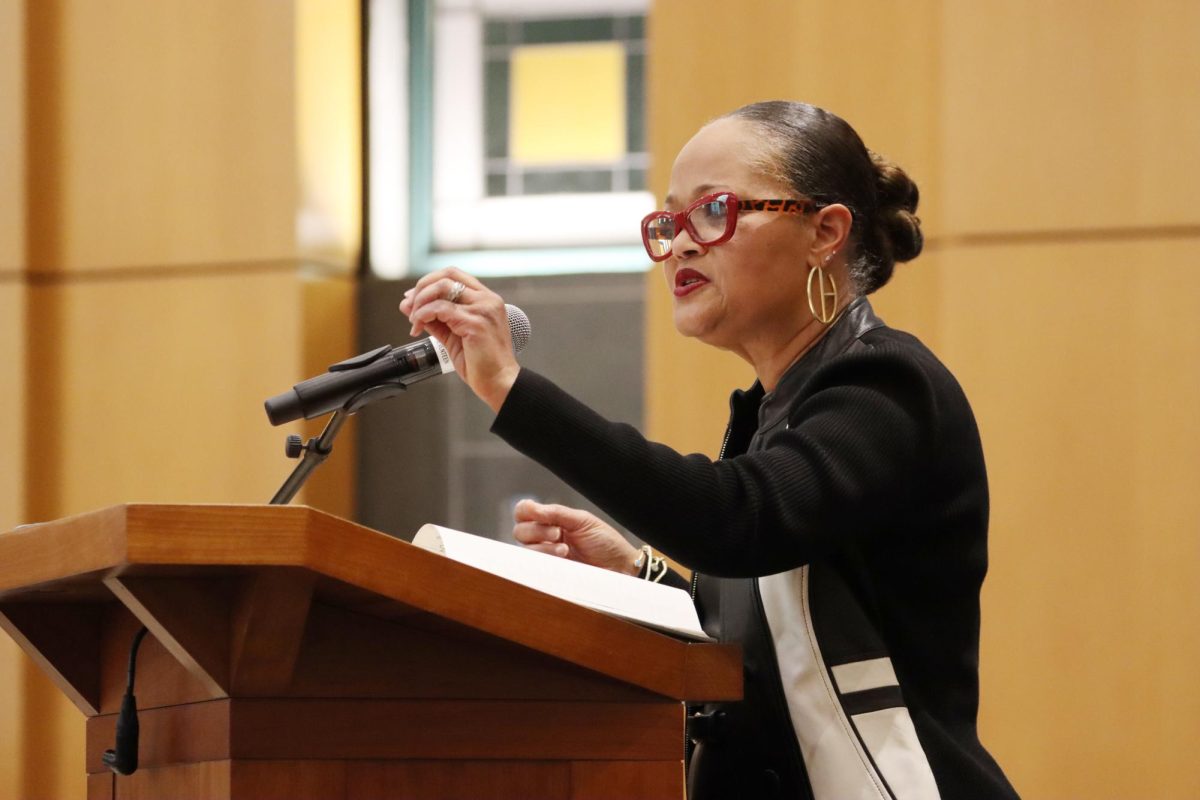Reader Trigger Warning: Discussion of eating disorders, self-harm, and gender dysphoria.
Starting as a Webtoon comic in 2016 by author and illustrator Alice Oseman, Heartstopper is a comforting and refreshing teen LGBTQIA+ story whose popularity has skyrocketed by Netflix’s series adaptation released in 2022. Fast forward two years later, the show is going strong on its third season.
This season follows main protagonist Charlie Spring as he goes through recovery from his eating disorder and how that affects his relationships with his loved ones. When the series first released back in April of 2022, it was seen as a comfort show to most people watching because of the lighthearted storylines However, by its second season, the show started to get a hint of seriousness in its topics, such as eating disorders and self harm. But the way those topics were handled doesn’t feel overly dark and harsh by displacing them in a way that feels like it’s coming from a genuine place.
The topic of mental health, whether it being with Charlie and his eating disorder or Elle Argent and her gender dysphoria as a transgender girl, was handled so beautifully and really resonated with me as someone who has dealt with mental health issues linked to self-acceptance. This season also presents how to support your loved ones during a dark time by purely supporting them in whichever way possible. This is shown extremely well with Charlie’s boyfriend, Nick Nelson, asking his aunt how he should help Charlie. This is where we get one of the best lines in the show, “knowing that sometimes, people need more support than one person can give.”
We also see the mental health struggles of Nick and Charlie’s older sister Tori. Nick’s mental health stems from worrying about Charlie and figuring out what college wants to attend and how that will affect his and Charlie’s relationship. With Tori, she’s dealing with feeling like she needs to constantly protect Charlie against anyone he encounters. She also struggles with building other relationships, such as finding friends, and doesn’t really let anyone in, even her brother. Tori is the only one out of these two to find some sort of solution in their problems by telling Charlie how she feels; both about him and herself and also befriending a new character named Michael.
Another thing that not only this season but this whole show handles exceptionally well is friendship. Like most well-written friendships in media, it feels like a family. How each character interacts with one another is with absolute care. Their understanding and incredible listening skills is extremely heartwarming to see on screen. It’s truly one of the best fictional friendships on television.
The importance of exploring and celebrating your identity is always crucial to the story of Heartstopper. The characters of Issac sharing about his asexuality and aromantic and Darcy realizing that they are non-binary is extremely important because these are identities that haven’t been portrayed as much as others in the world of television. Seeing these characters gives the viewer information on different types of ways that people identify as. It can be so exciting and eye-opening, especially for the young audience watching. It can help realize parts about themselves that they might not understand or give them the confidence to share with others about their identity.
One other big thing this season does that is so refreshing is portrayal of intimacy. One issue I have with other teen shows is the way they talk about sex. It’s always the same in the sense where it needs to be this big thing and that’s the only thing teenagers care about. This is fine and it happens. But sometimes it might make other teens watching feel pressure to have sex when they don’t want to. And what this season and what the previous season does is that it treats sex as something that you can take your time with and that you don’t need to participate in it to have fun or enjoy time with your partner.
The third season of Heartstopper is probably the best season writing-wise. This show doesn’t feel like the mostly light-hearted story it once was. It’s growing more mature and becoming one of the most important shows for not only LGBTQIA+ youth but every teen living now and in the future.

